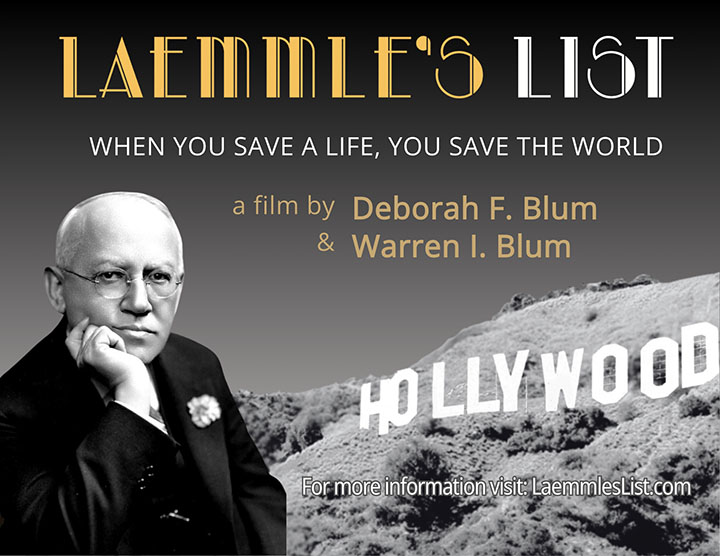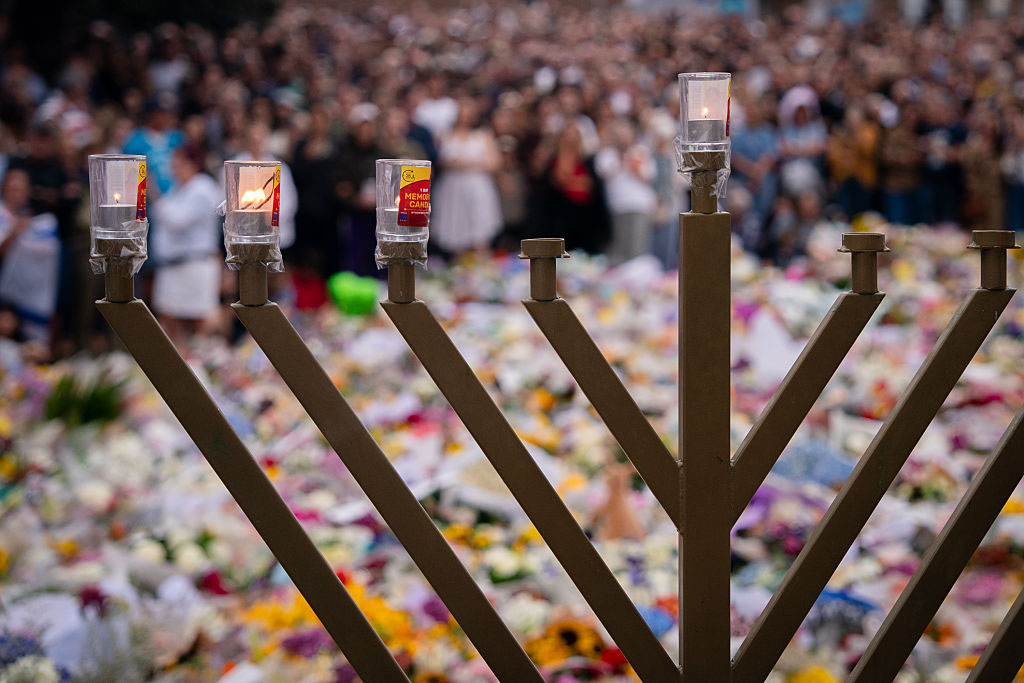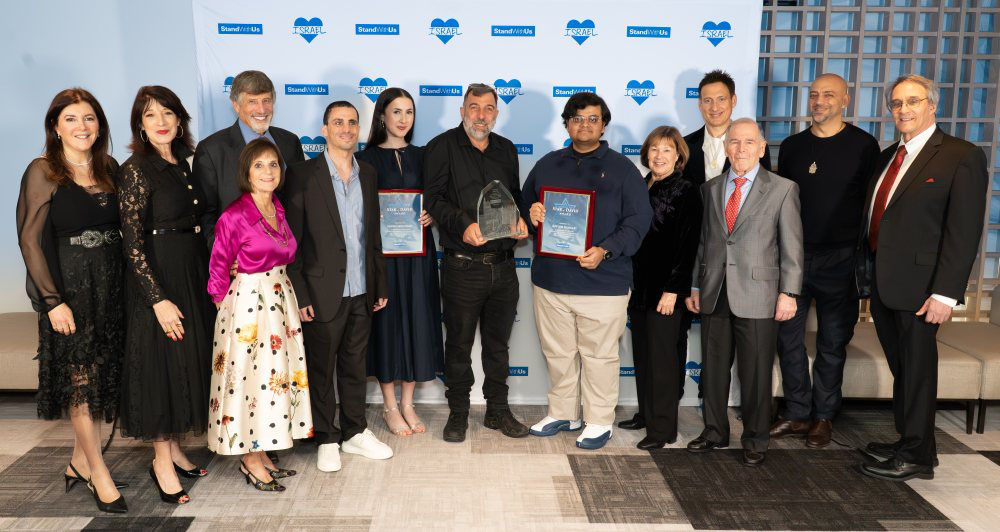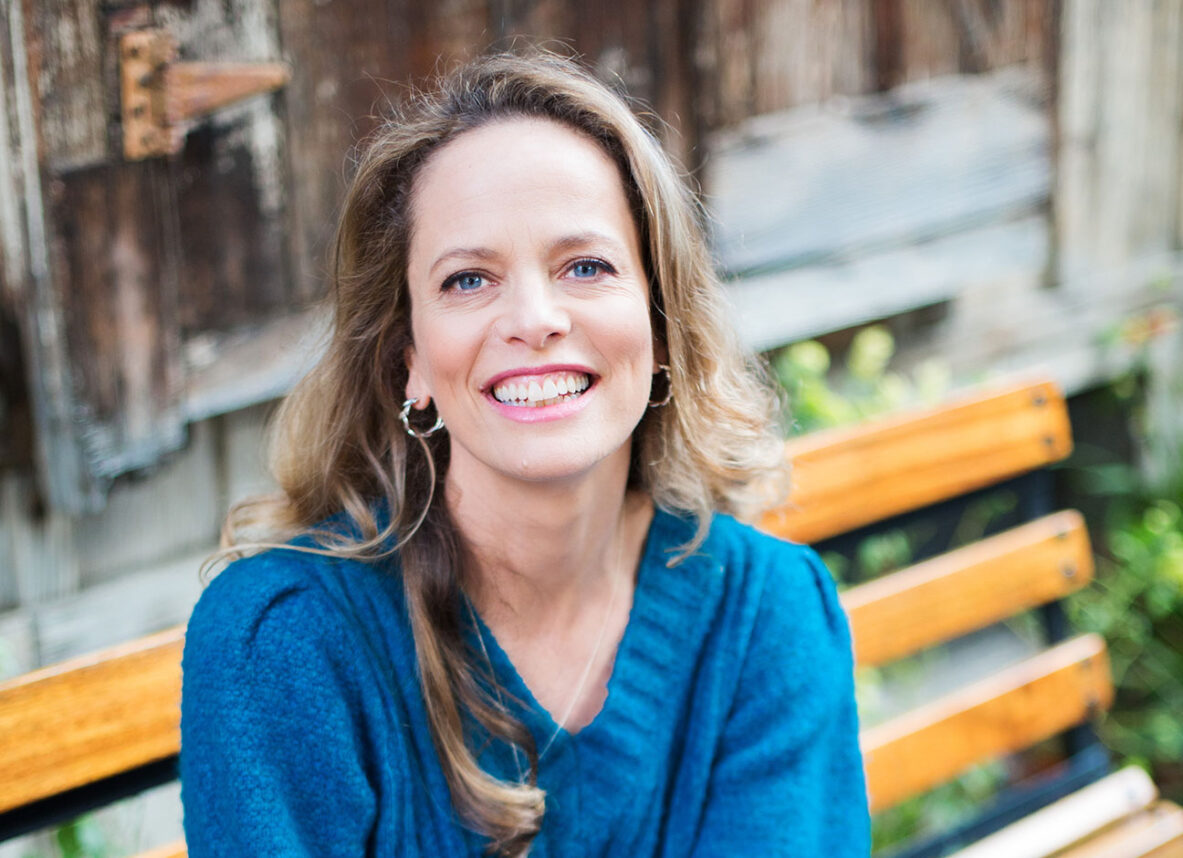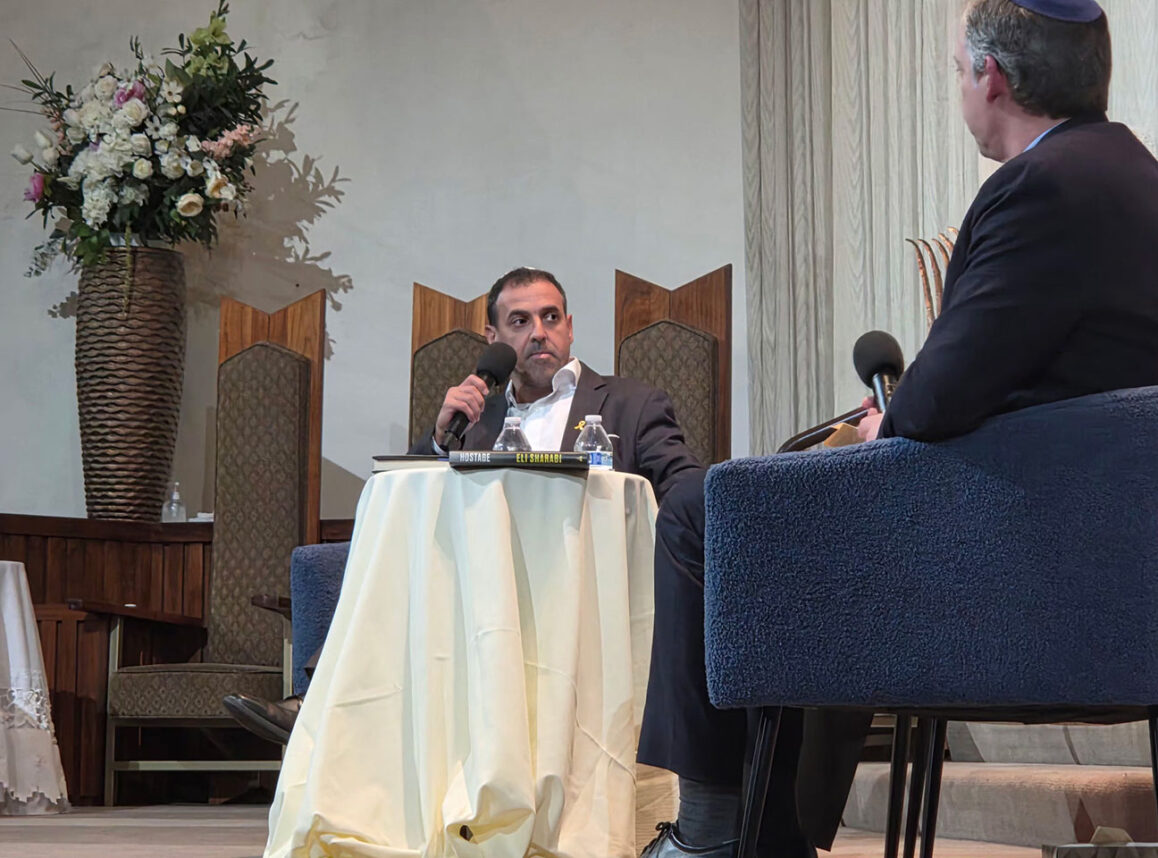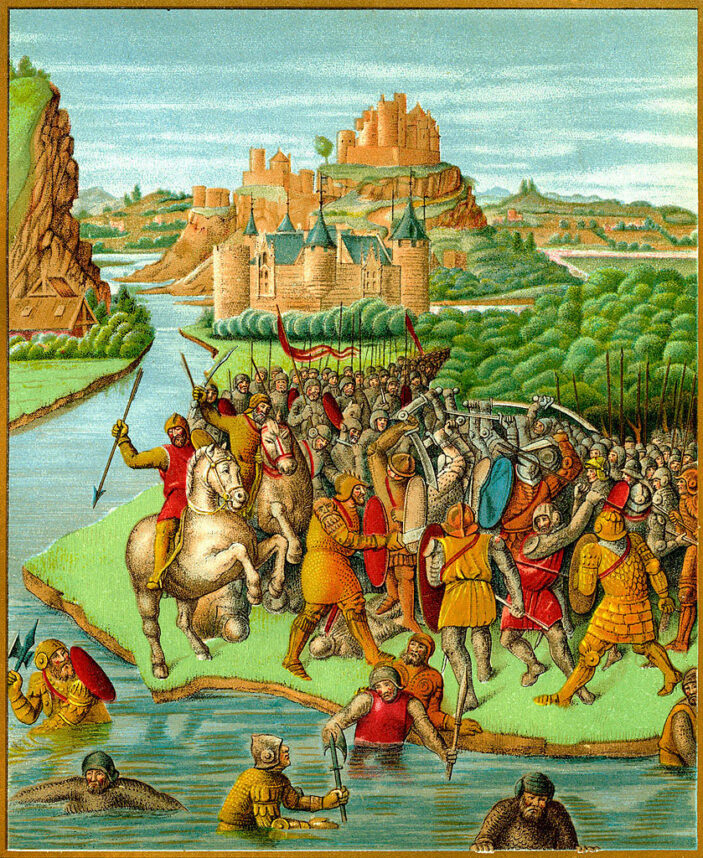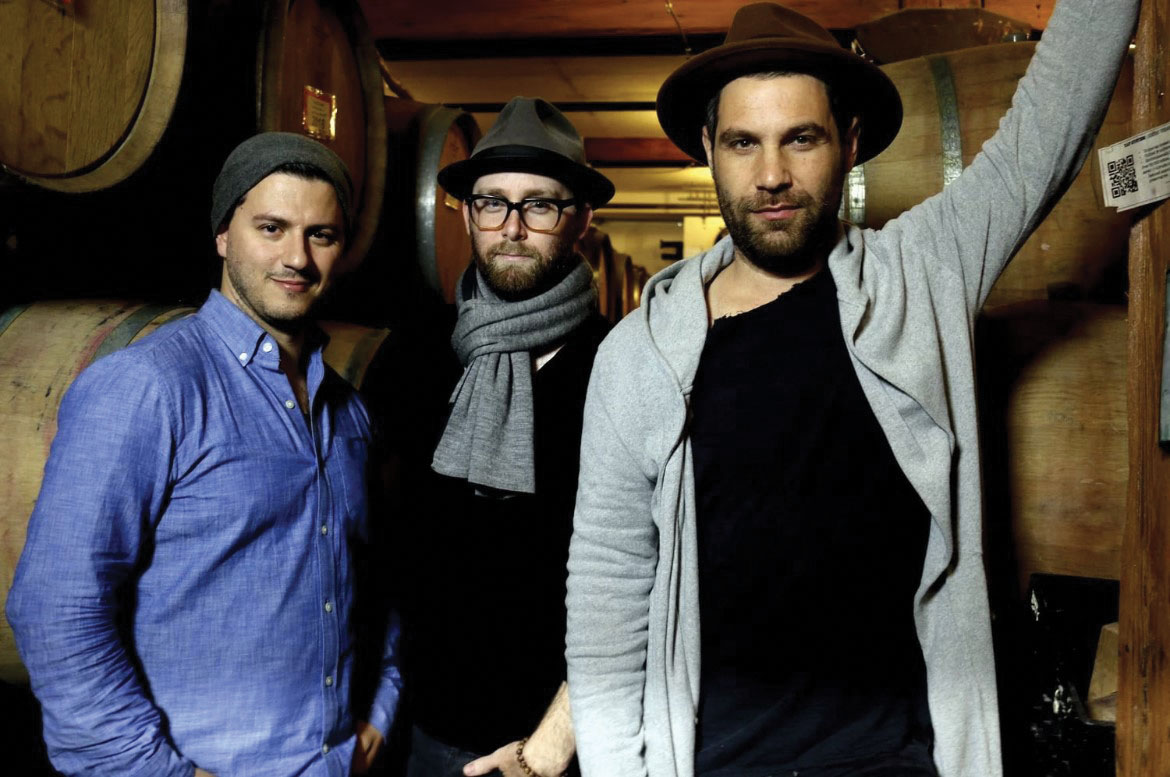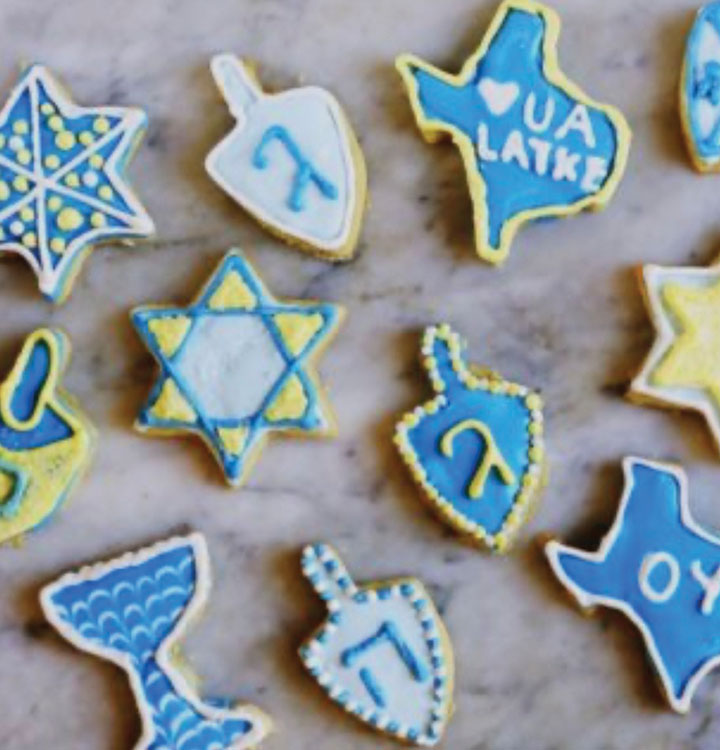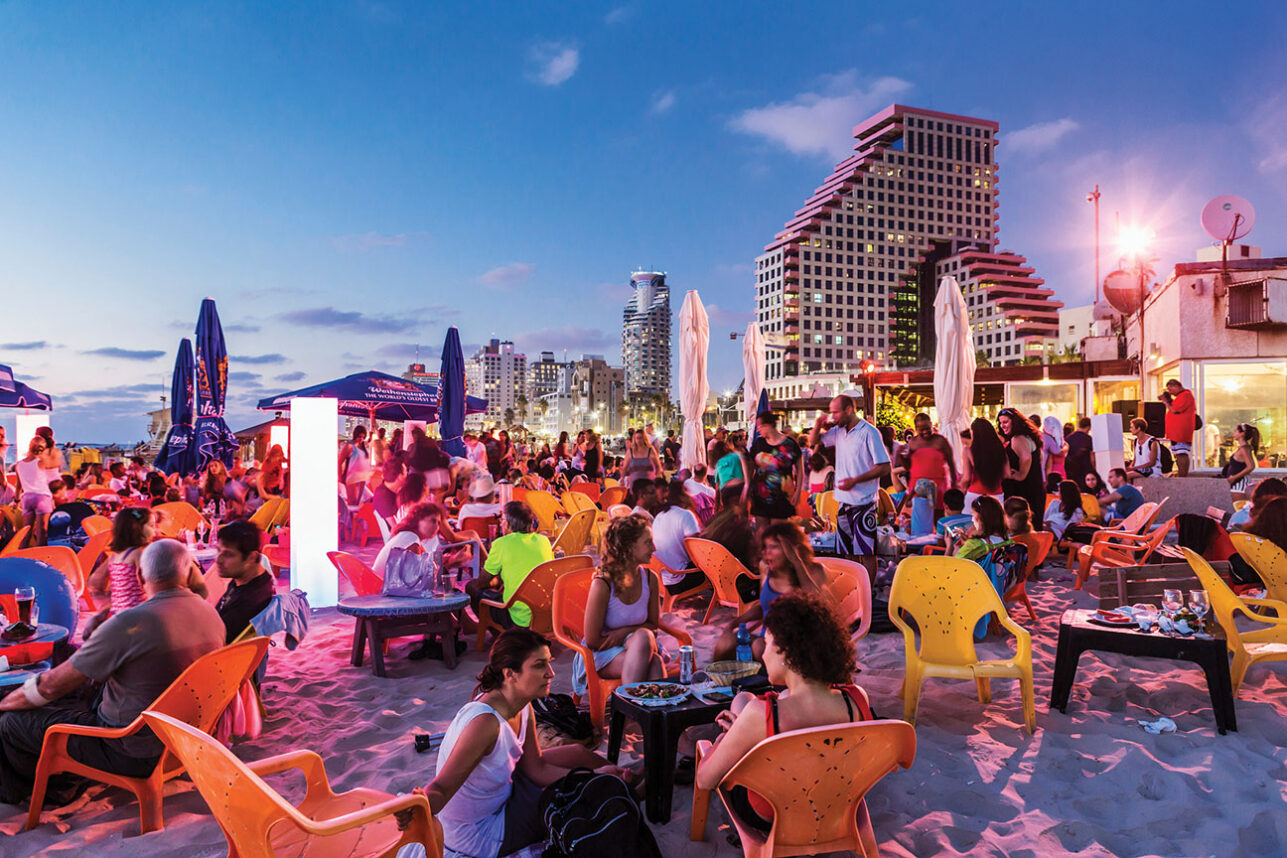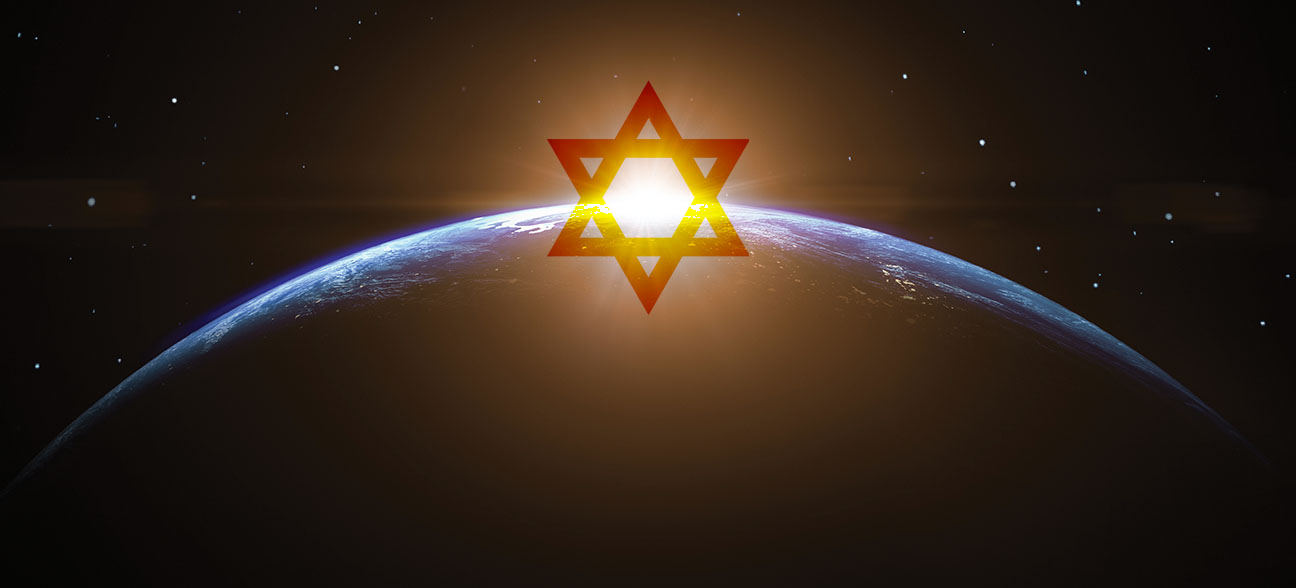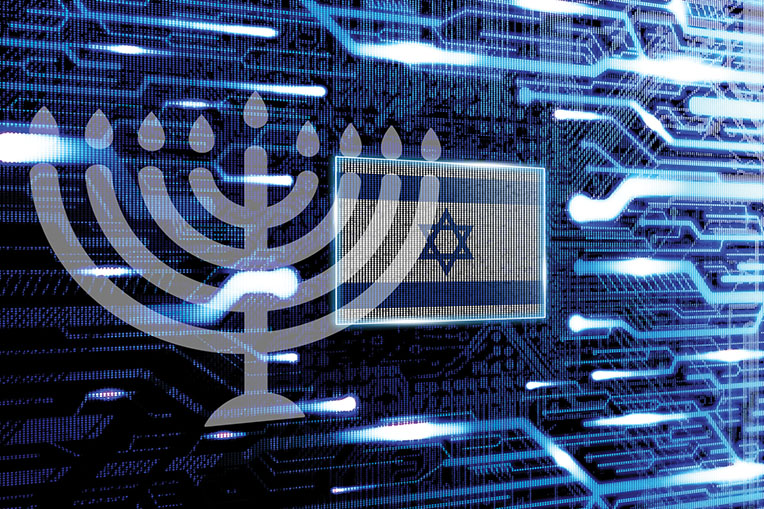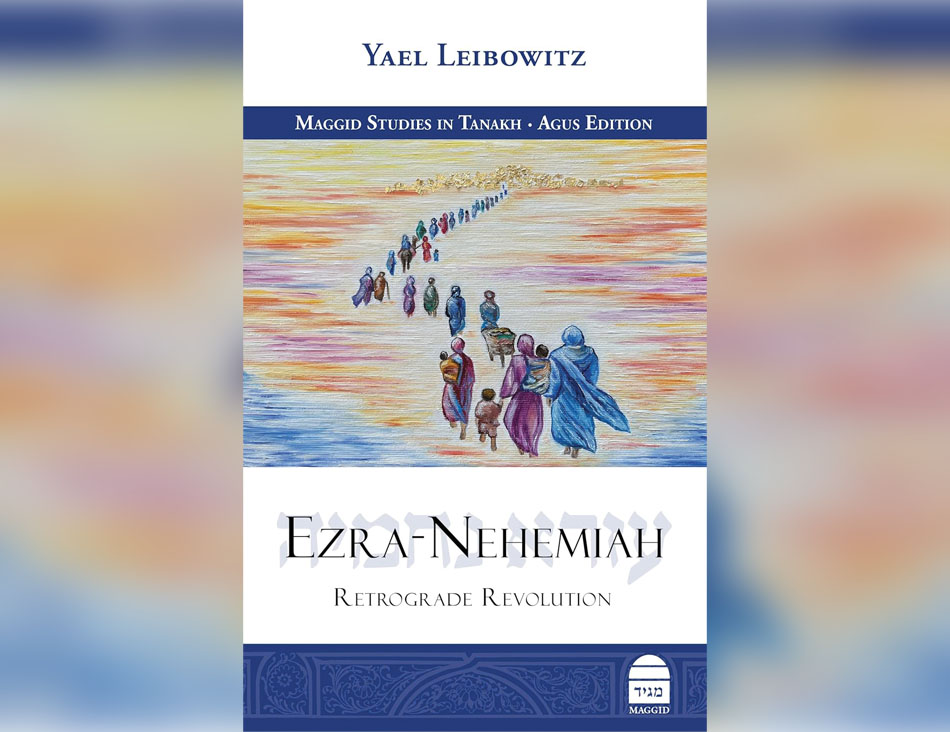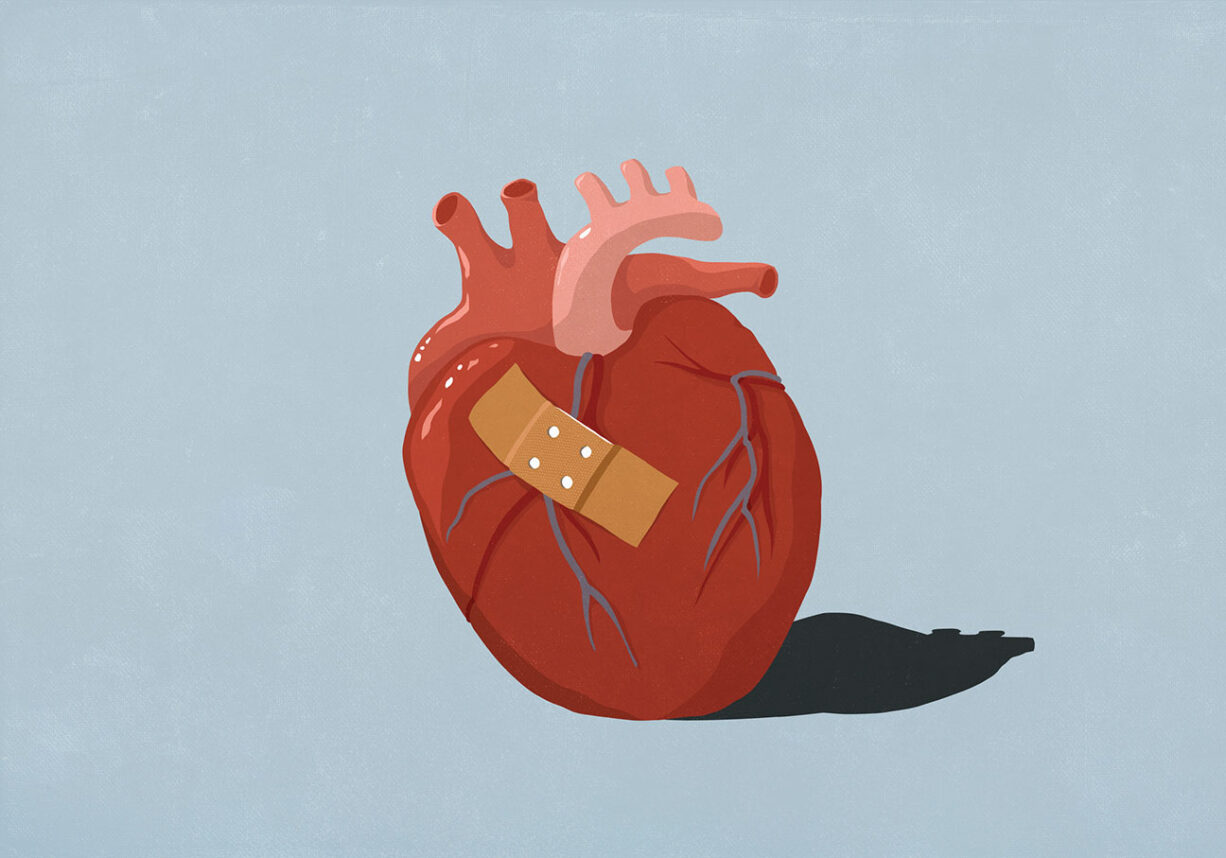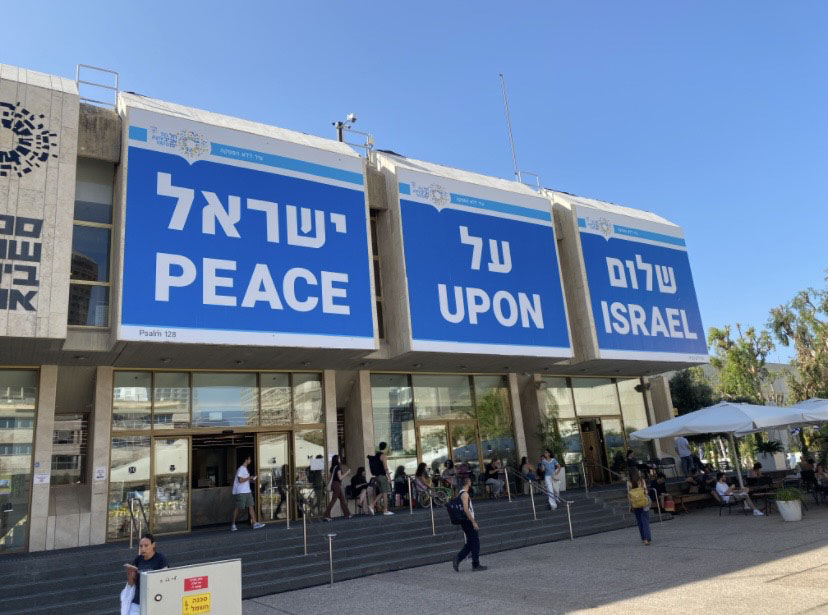Recently, I was working at my school office planning a day of classes and interviews when I was notified of an incoming call from New York. It was my cousin, Shion, a hospital chaplain and a fine rabbi.
“Have you heard the news?” he asked.
I thought his voice sounded pensive and without waiting for an answer he went on to say, “There has been a fire, your mother didn’t make it and your father is in the hospital.”
I was completely overwhelmed. I literally stopped breathing and felt as if I was going to faint. After a while I took some deep breaths and exhaled slowly.
I could not get out of my chair nor could I speak. I wondered how this could be. My 81-year-old mother lived at home with my father and a home health worker. She had been bedridden for seven years and recently, through immense therapy and physical effort, she had begun to take small footsteps and could walk with a walker each day for a short distance.
Living close to Long Beach airport, I tried to find the earliest flight to New York. I was in luck and there was a flight a couple of hours later. I ran home, prepared my small carry-on bag and headed for the door. My wife met me as I was leaving.
“Are we going out for my birthday?” she asked.
As I recounted the devastating news I began to cry, and so did my wife.
For the next four to five hours on the plane ride to New York, my mind worked overtime. Was my father still alive? How did the fire start? Was the house completely burned? Was anyone else involved?
My son and daughter met me by the gate. Zayde was alright and was in a small motel room with my brother from Connecticut. I was relieved on hearing that my father was released from the hospital. At 81, he has been married to my dear mother for almost 60 years. They were inseparable. They produced nine children, all of us are teachers, rabbis or community activists. We all are graduates of religious seminaries and are married with children and grandchildren. We consider our good fortune due to the hard work of our esteemed and beloved parents.
I arrived at the motel. My brothers and sons-in-law plus some grandchildren were there.
“Thank God I am alive,” my father said.
It is only because Chanie, my niece, was in the home that he was able to run for his life. Chanie and her baby were there visiting when the home health worker called “fire!”
The house was engulfed in flames.
“Get some water,” my mother called from her bed.
But by the time my father came with a bucket of water the room was full of dark smoke and flames. The firefighters, who were not from the area, arrived but they could not find a fire hydrant. My father screamed and wanted to enter the home but was restrained.
After the fire was over, the firefighters who inspected the home came out and said that the fire had consumed the entire home but strangely the bed in which my mother was in was fully intact and her body was not burned by the flames. She had died in less than 60 seconds from smoke inhalation.
The fire inspector said that the regular fire station, just a few blocks away, was closed for the day due to physical exams. He offered an explanation for the confusion and the haphazard actions of the firefighters who answered the call.
The cause of the fire is still under investigation.
There is a story that when God assigned jobs to his angels, he told the Angel of Death to do his work. But the angel protested saying, “I don’t want to be blamed for taking a life. I’ll be hated and cursed.”
“No,” God Almighty answered. “People will never blame you. They will blame the firemen, doctors, police and the public servants. They will even hire a lawyer to prove it.”
I know that when the time comes, nothing or nobody can extend life or take life. There is a time for everyone.
During the night the daughters and sons began to arrive from Michigan, Connecticut, France, England, Israel, San Francisco and Southern California. Grandchildren arrived from Chicago, Philadelphia and Florida. So many beautiful souls all grieving for a great matriarch.
My mother considered herself a quiet lady, putting her husband, children, grandchildren and great-grandchildren before her. She told my dad, the president of the Rabbinical Alliance of America, a rabbinical council for 600 rabbis, to do his work. My mom encouraged him to travel — to Israel, Washington, D.C., Bangkok, Thailand, Germany, England, Switzerland, Italy. You name a country and my dear father had been there, performing a spiritual service, all with the help and encouragement of our dear mother.
As the day went by, hundreds of rabbis, teachers, judges, newspaper editors, businessmen, police chiefs and the mayor of New York came by to express their sorrow. Children also came by and joined in the services being held in honor of my mother. The head rabbinical court rabbis came to pray while the former chief rabbi of Israel personally called — crying and trying to give comfort.
There is a saying, “There are those that can speak about the dead and really have nothing to say, while those that cannot speak have much to say.” Sadly enough, the family experienced both groups.
How do I make sense of this tragedy?
I, for one, found comfort in a short but powerful e-mail I received from an unknown mother. It read: “After finding out about your mother I will try to be the best Yiddishe mother possible. I will be better than ever.”
How comforting were these few words that gave meaning to the death of a Yiddishe mother, transferring her heroic sacrifices to the next generation of mothers.
This article was written on a lonely plane ride home from New York to California.
Rabbi Eli Hecht is the director of Chabad of South Bay in Lomita.








